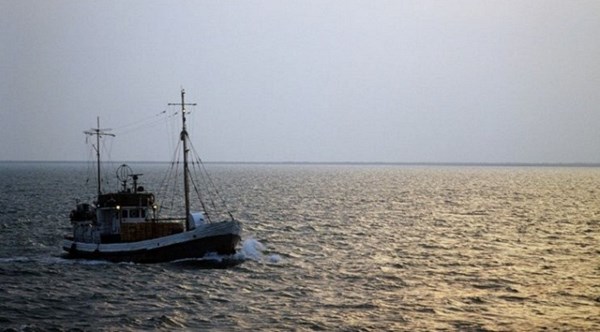Five countries sign convention on legal status of Caspian Sea
The leaders of Azerbaijan, Iran, Kazakhstan, Russia and Turkmenistan, the five countries bordering on the Caspian Sea, have signed a convention on the legal status of this sea which determines the general principles of its allocation, but does not contain specific data.
The convention aims to resolve the disputes between these countries, which have been under discussion for more than two decades.
Russian President Vladimir Putin said that resolving the legal status of the Caspian “will create the conditions to take the collaboration between the countries to a qualitatively new level of partnership, for the development of close cooperation in a broad range of directions”.
Iranian President Hassan Rouhani emphasized that the delimitation of the oil and gas-rich bottom of the Caspian Sea will require additional agreements between the coastal countries.
Kazakh President Nursultan Nazarbayev added that the parties have agreed to create a special mechanism of pentalateral consultation under the auspices of the foreign ministries, in order to enact the provisions of the convention.
Azerbaijani President Ilham Aliyev and Turkmenistan President Gurbanguly Berdimuhamedow also took part in the port city of Aktau in Kazakhstan.
The convention envisages the establishment of the territorial waters of each of the coastal countries at 15 nautical miles from the coast, as well as a 10 mile fishing zone. The rest of the water territory will be common water space to all parties, but the bottom and subsurface will have to be divided into sectors. Trade in biological marine resources in the common water space must take place according to agreed quotas.
The document only specifies the general principles of such demarcation. The specific sector lines and territorial water borders will need to be determined by additional agreements between the neighboring countries.
Disputes on the status of the Caspian Sea emerged after the collapse of the Soviet Union in 1991, when there were suddenly five countries on the coast of this inland sea, instead of the previous two (the USSR and Iran). If the Caspian is recognized as a sea, then according to international maritime law, the countries must divide it into sectors at the so-called median line from their coast. If, however, it is recognized as a lake, then all of its resources must be divided equally between the coastal countries. The coastal governments hold various stances. The parties agreed to work on an agreement to resolve the matter, and have been working on it since 1996.
The Caspian shelf contains roughly 50 billion barrels of oil and almost nine trillion cubic meters of gas, both proven and expected. At current global market prices, the reserves are worth several trillions of dollars. Further exploration may push these figures even higher.
